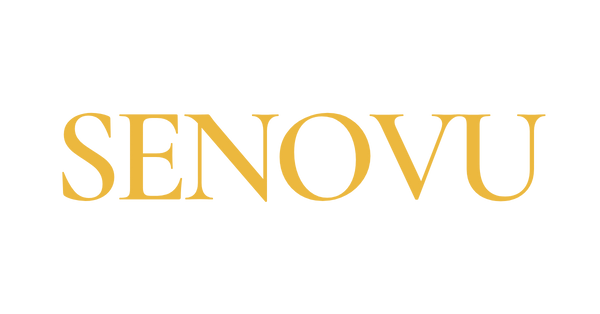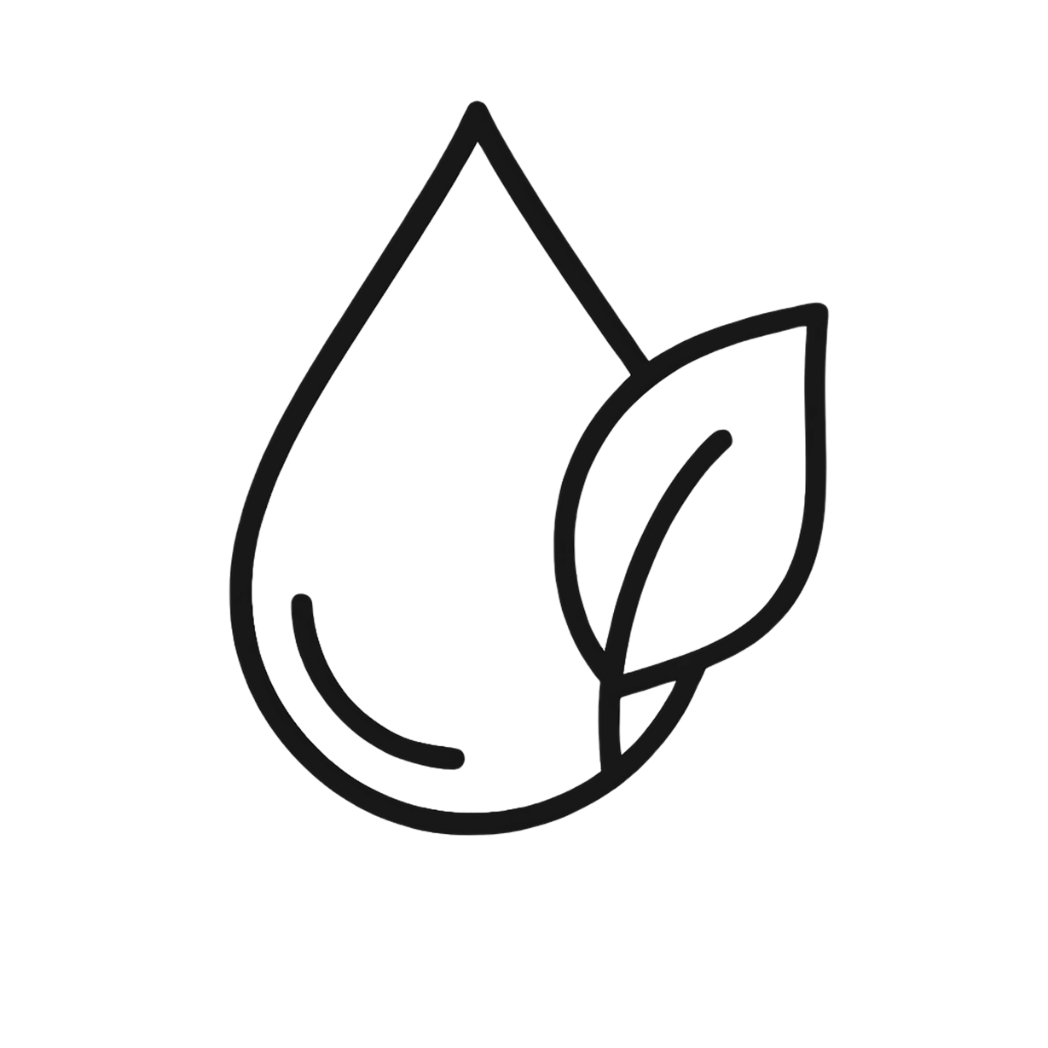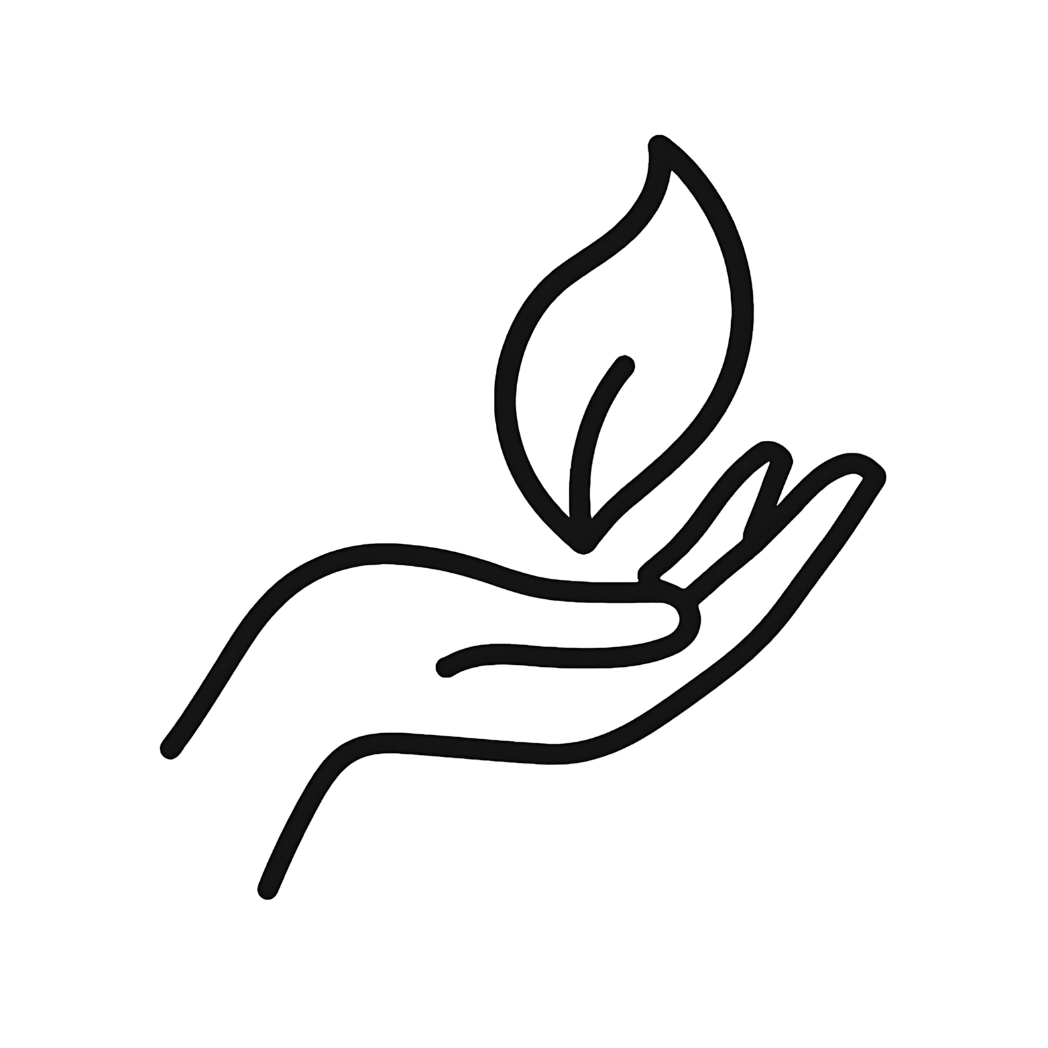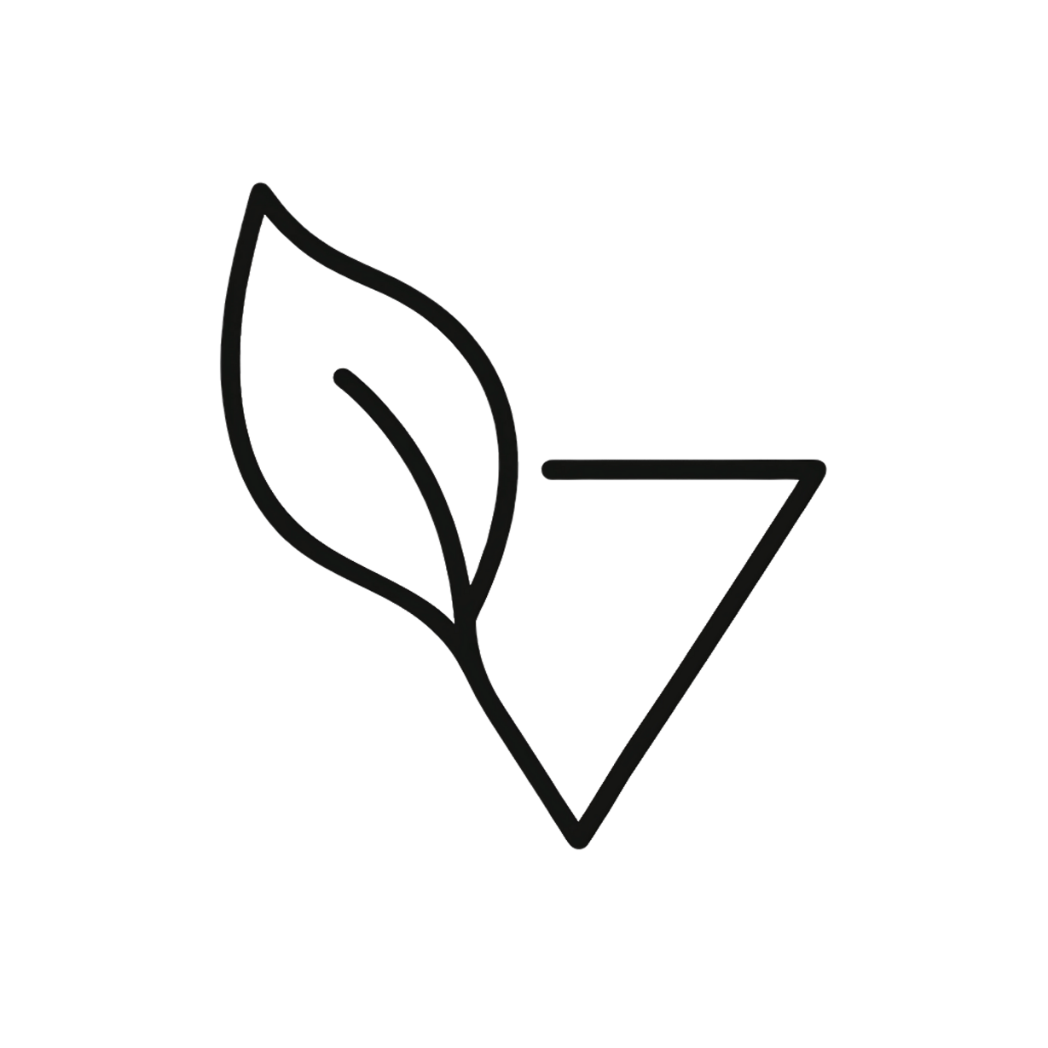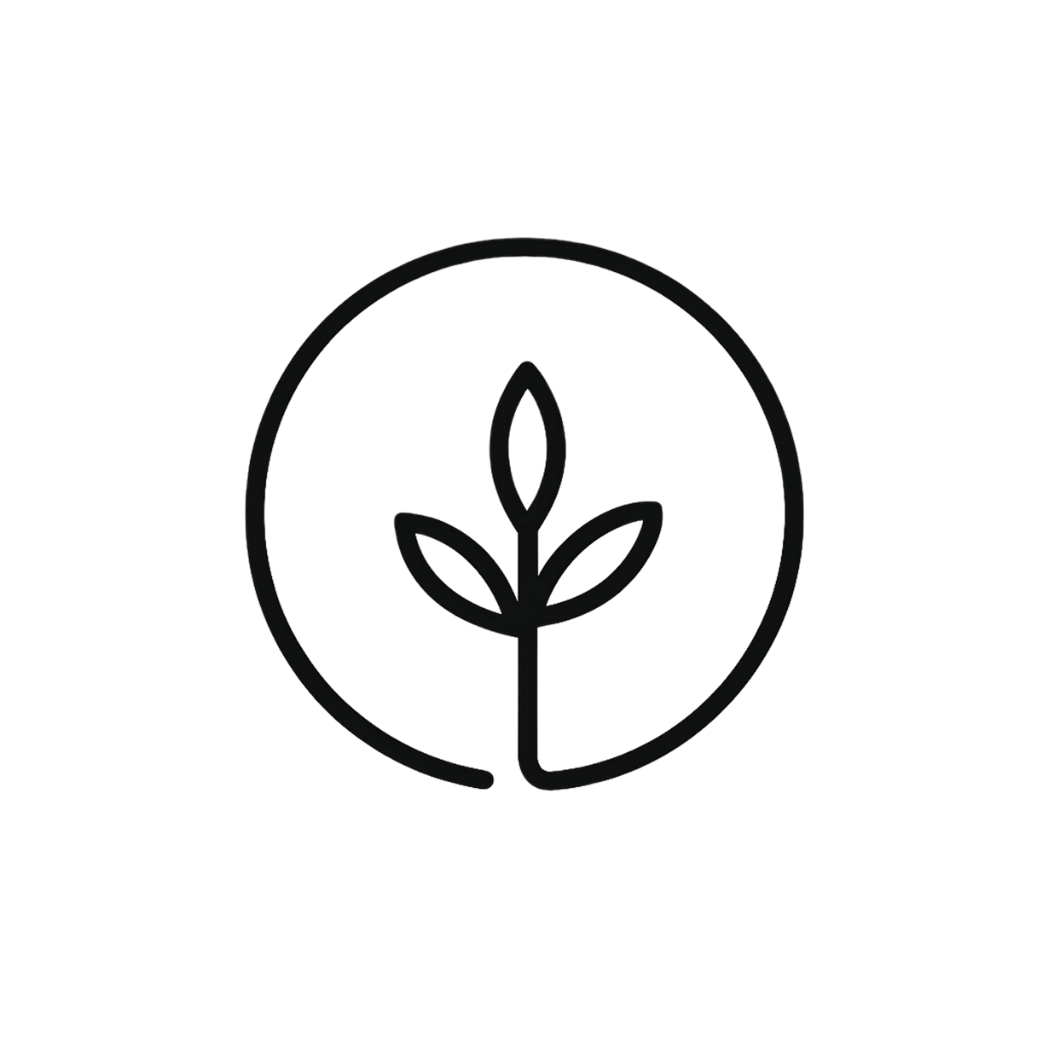A Traditional Chinese Medicine Experience: Real Results for Holistic Women’s Health
Estimated reading time: 12 minutes
Key Takeaways
- Traditional Chinese Medicine (TCM) offers holistic solutions for women's health, focusing on balancing the body's energy (Qi) and addressing root imbalances.
- Acupuncture and herbal medicine are core components of TCM, providing benefits like hormonal regulation, stress relief, and improved menstrual health.
- Complementary practices such as moxibustion and facial acupuncture enhance the TCM experience, promoting energy flow and vitality.
- A 30-day journey with TCM can lead to tangible health improvements, but patience and consistency are essential.
- TCM should be pursued under the guidance of a qualified practitioner and is best used to complement, not replace, conventional medicine.
Table of Contents
- Introduction
- Section 1: Understanding Traditional Chinese Medicine (TCM)
- Section 2: Preparing for a TCM Journey
- Section 3: The Acupuncture Journey—Methods and Realities
- Section 4: Herbal Medicine and Diet—Foundations of TCM
- Section 5: Complementary TCM Techniques (Moxibustion and More)
- Section 6: Results and Realisations After 30 Days
- Section 7: Key Takeaways for Women Considering TCM
- Conclusion
- Frequently Asked Questions (FAQ)
Introduction
Delving into the heart of wellness, we explore the personal journey of Traditional Chinese Medicine (TCM) as an enriching pathway to women's health. Away from fleeting health trends, we Australians have been cultivating an innate curiosity toward the deeper reaches of TCM. This article embarks on an informative, 30-day exploration of TCM, investigating practical methods, tangible outcomes, and enriching lessons in women's health. Let's journey together!
Section 1: Understanding Traditional Chinese Medicine (TCM)
At its core, Traditional Chinese Medicine nurtures a philosophy of holistic wellness, energy flow known as Qi, and a dance of harmony within our bodies. This ancient practice transcends our perception of health, rooting its diagnosis in subtle techniques of observation, listening, smelling, and checking our pulse.
Unlike fleeting beauty drinks and trending food fads, TCM tugs at the wellness roots. Nourishing from within, these Chinese wellness practices delve into core health imbalances, striving for more sustainable benefits such as hormonal regulation and emotional balance (Mend Acupuncture, Academy Healing Nutrition).
Section 2: Preparing for a TCM Journey
Kicking off your TCM journey with an initial consultation may see you meeting a licensed acupuncturist—perhaps even an herbalist. Drawing from a personal tapestry of healing recipes, the beauty of these Chinese remedies—from soul-warming soups to aromatic brews—is far from dull diet fads.
The essence of TCM lies in its tailored approach—individualising exercises, pacifying imbalances caused by period issues or chronic fatigue, and accentuating holistic health within a uniquely Australian framework (Academy Healing Nutrition).
Section 3: The Acupuncture Journey—Methods and Realities
Originally daunting, the acupuncture journey soon unravels into a symphony of physical sensations and deep relaxation. The science supporting acupuncture hinges on the harmonious energy flow across our meridians, abetted by clinical backing and expert testimony.
Offering a therapeutic refuge, the whispering needles of acupuncture extend a lifeline for those grappling with period regulation, stress relief, and managing chronic conditions within the encompassing realm of TCM (OHSU Women's Health, Mend Acupuncture).
Section 4: Herbal Medicine and Diet—Foundations of TCM
Herbal Medicine forms the silent cornerstones of TCM, boosting women's health with a range of bitter brews and reviving tonics. Tailored specifically for periods, these TCM remedies stimulate uterine health and grace our palates with a refreshing gamut of flavours and aromas.
The crucible of TCM diet advice emphasises regular eating habits, hydration, and selecting ingredients that resonate with your health landscape. Guiding nutritional practices come alive in the preparation of Chinese soups—brimming with black chicken, ginger, and jujube—adding dollops of deliciousness to our wellness routine (Academy Healing Nutrition).
Section 5: Complementary TCM Techniques (Moxibustion and More)
When considering TCM for women's health within an Australian framework, we see a host of supportive practices complementing the acupuncture and herbal remedies. One lesser-known yet potent aspect is moxibustion, a TCM therapy that involves warming particular points on the body. Applying the gentle heat and healing aroma of burning mugwort herbs onto specific meridians enhances the flow of Qi (Academy Healing Nutrition).
Even the vibrant art of facial acupuncture finds a cherished spot within TCM. This technique, coupled with holistic practices like red light therapy, has been lauded for ushering noticeable changes such as radiant skin and better digestion. Regular TCM treatments, surprisingly effective in enhancing vitality, make a formidable case for sustained energy regulation (Mend Acupuncture).
Section 6: Results and Realisations After 30 Days
As the 30-day TCM journey winds down, it's time to take stock of the transformations. Many report tangible improvements in their health, including regular menstrual cycles, reduced cramps, clearer skin, and a steady energy balance.
A unique part of one's TCM experience is the period of adjustment and acclimatization—it's like getting used to wearing new glasses. For some, the unfamiliar flavours of herbal remedies might kindle scepticism initially. However, as the journey unfolds, the myriad small steps—from drinking earthy tonics to embracing stress-neutralising therapies—gradually meld into an extraordinary canvas of holistic change (Academy Healing Nutrition, Village Remedies).
The benefits of this TCM journey aren't confined to the physical realm alone. As you journey, you learn to tune into your body more, listen to its cues, comprehend its needs—a priceless advantage that extends well beyond the TCM experience.
Section 7: Key Takeaways for Women Considering TCM
What pearls of wisdom can women considering a TCM journey take from this narrative? The prime lesson revolves around the transcendent ethos of patience and open-mindedness standing at the heart of each TCM experience.
Your journey should be guided by the watchful eyes of a qualified practitioner who personalises your regimen, maintains constant checks, and steers you in the right direction. Being in the driver’s seat of your health is empowering yet accompanied by responsibilities—individual differences must be acknowledged even among those treading the TCM path.
If you’re considering TCM for health concerns, remember: it's a journey rather than a race. Expect no magic switches, but rather a gradual, assured trek towards lasting wellness. Always seek professional advice before replacing conventional treatments (Mend Acupuncture, Academy Healing Nutrition).
Conclusion
Navigating the journey of Traditional Chinese Medicine is an enlightening experience—an experience that encourages us to understand our bodies and health in a comprehensive manner. This timeless wisdom of TCM, far removed from fleeting wellness trends, allows us to foster better health habits and restore balance holistically.
By leaning into TCM, we're equipped to better handle our health, align our lifestyles with our wellness goals, and exercise control in achieving a healthy state of being. It's about time we embraced TCM for women's health and savoured the bounties of holistic wellness.
As the sun sets upon our 30-day TCM journey, we bid farewell with a warm Australian "Hooroo!" But remember, this is just the beginning of your own journey to healthier balance and wellness. Venture forth, mates!
Frequently Asked Questions (FAQ)
Q: What are the benefits of Traditional Chinese Medicine for women’s health?
A: TCM can offer a variety of benefits for women's health, including hormonal regulation, emotional balance, menstrual cycle regulation, stress relief, and enhanced overall wellness.
Q: How do TCM practices help in period regulation?
A: TCM practices like acupuncture and herbal medicine tackle root imbalances, helping normalise menstrual cycles and alleviate symptoms like cramps and clotting.
Q: How long does it take for TCM to show results?
A: TCM is a journey, not a quick fix; perceived changes can vary, but a consistent practice across 30 days often produces tangible improvements.
Q: Does TCM replace conventional medicine?
A: No, TCM doesn't replace conventional medicine. Instead, it complements traditional treatments and should always be undertaken with professional guidance.
Q: What's moxibustion, and how does it help in TCM?
A: Moxibustion is a TCM technique where mugwort herbs are burnt near certain points on the body to stimulate circulation, promoting the flow of energy or Qi.
```
